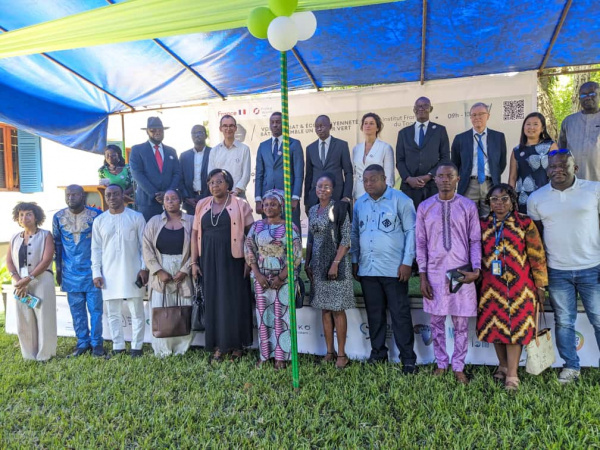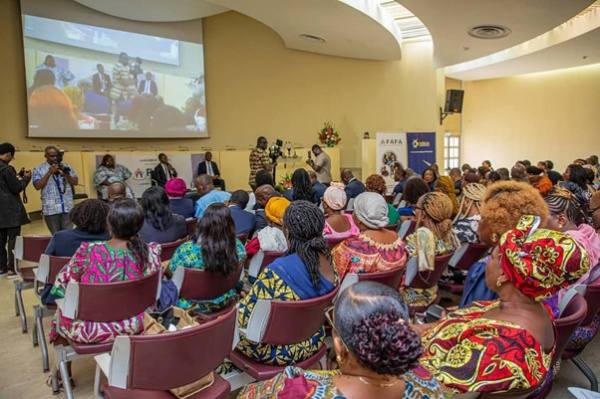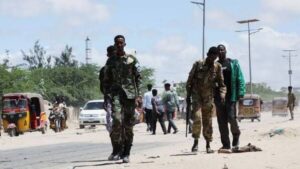Libyan Prime Minister Abdulhamid al-Dbeibah stated on Saturday that eliminating militias is an “ongoing project,” as a ceasefire remained in effect following deadly clashes earlier in the week.
“We will not spare anyone who continues to engage in corruption or extortion. Our goal is to create a Libya free of militias and corruption,” Dbeibah declared in a televised address.
Dbeibah leads the internationally recognized government in western Libya, based in Tripoli.
On Tuesday, Dbeibah ordered the dismantling of armed groups, leading to the most intense clashes in Tripoli in years between two armed factions. The United Nations reported that the clashes resulted in the deaths of at least eight civilians.
The government announced a ceasefire on Wednesday.
The violence followed the killing of a major militia leader, Abdulghani Kikli, also known as Ghaniwa, on Monday, and the subsequent defeat of his Stabilisation Support Apparatus (SSA) group by factions aligned with Dbeibah.
Read more: Lomé International Fair Celebrates 40th Anniversary with Digital Transformation
The SSA operates under the Presidential Council, which came into power in 2021 alongside Dbeibah’s Government of National Unity (GNU) through a United Nations-backed process.
The SSA was based in the densely populated Abu Salim neighborhood.
The GNU’s Interior Ministry reported the discovery of nine decomposed corpses in a morgue refrigerator at the Al-Khadra hospital in Abu Salim, stating that the SSA had not reported them to authorities.
Dbeibah’s media office posted a video of the Prime Minister greeting the security force protecting the Prime Ministry Building. It also stated that he later met with delegations from elders to discuss the situation in Tripoli and what he described as the “successful security operation in Abu Salim.”
“The Prime Minister stressed that this operation falls within the state’s fixed vision to eliminate armed formations outside the police and army institutions,” the media office said.
On Friday, at least three ministers resigned in solidarity with hundreds of protesters who took to the streets demanding Dbeibah’s removal.
Dbeibah did not address the resignations directly.
“The protests are annoying, but I’ve put up with them. I know some of them are real, but a lot of them are paid,” he said.
The United Nations Support Mission in Libya expressed concern on Friday regarding the escalation of violence in Tripoli, urging all parties to protect civilians and public property.
Libya has experienced instability since the 2011 NATO-backed uprising that ousted Muammar Gaddafi. The country split in 2014 between rival eastern and western factions, with a truce in 2020 halting major warfare.
While eastern Libya has been controlled by commander Khalifa Haftar and his Libyan National Army for a decade, control in Tripoli and western Libya has been divided among numerous armed factions.
Libya, a major energy exporter, is also a key transit point for migrants heading to Europe. The conflict has drawn in foreign powers, including Turkey, Russia, Egypt, and the United Arab Emirates.
The state-oil firm NOC reported on Friday that its operations at oil facilities are proceeding normally, with oil and gas exports continuing regularly.









